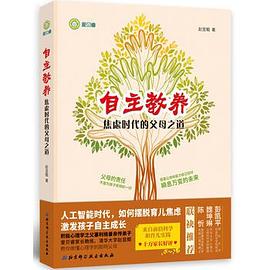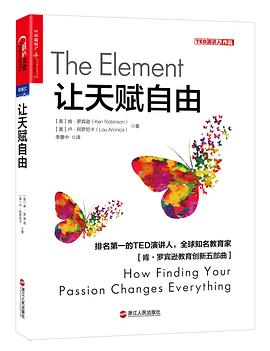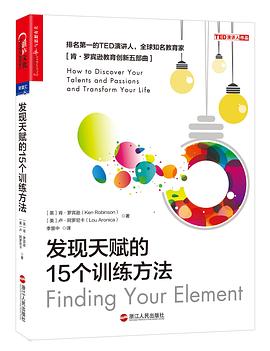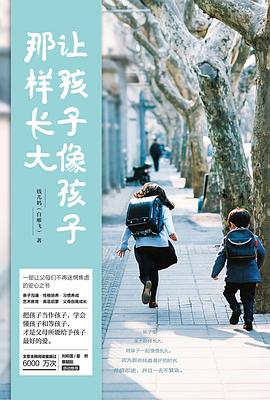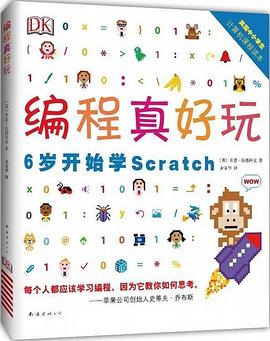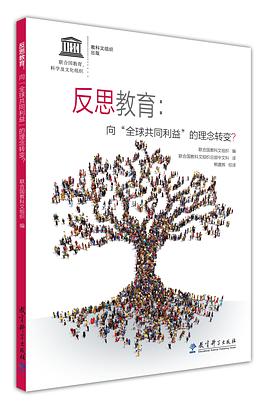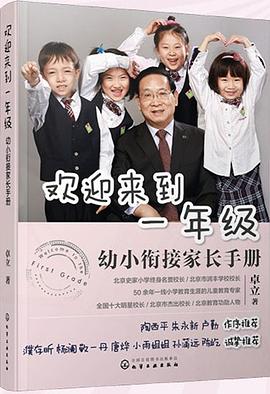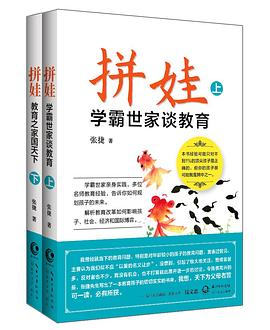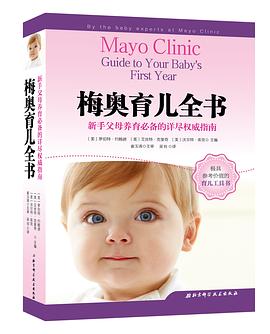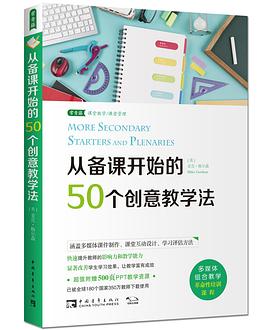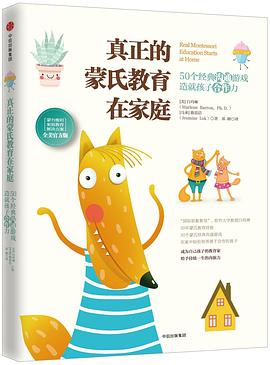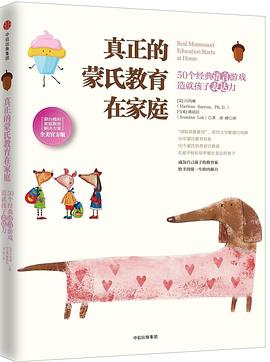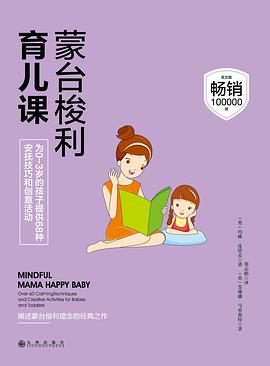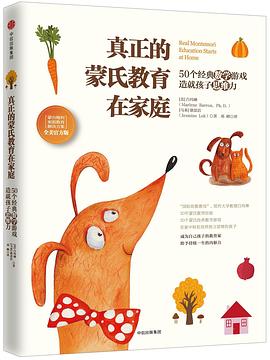
In the spirit of Battle Hymn of the Tiger Mother, Bringing up Bébé, and The Smartest Kids in the World, a hard-hitting exploration of China’s widely acclaimed yet insular education system—held up as a model of academic and behavioral excellence—that raises important questions for the future of American parenting and education.
When students in Shanghai rose to the top of international rankings in 2009, Americans feared that they were being "out-educated" by the rising super power. An American journalist of Chinese descent raising a young family in Shanghai, Lenora Chu noticed how well-behaved Chinese children were compared to her boisterous toddler. How did the Chinese create their academic super-achievers? Would their little boy benefit from Chinese school?
Chu and her husband decided to enroll three-year-old Rainer in China’s state-run public school system. The results were positive—her son quickly settled down, became fluent in Mandarin, and enjoyed his friends—but she also began to notice troubling new behaviors. Wondering what was happening behind closed classroom doors, she embarked on an exploratory journey, interviewing Chinese parents, teachers and education professors, and following students at all stages of their education.
What she discovered is a military-like education system driven by high-stakes testing, with teachers posting rankings in public, using bribes to reward students who comply, and shaming to isolate those who do not. At the same time, she uncovered a years-long desire by government to alleviate its students’ crushing academic burden and make education friendlier for all. The more she learns, the more she wonders: Are Chinese children—and her son—paying too high a price for their obedience and the promise of future academic prowess? Is there a way to appropriate the excellence of the system but dispense with the bad? What, if anything, could Westerners learn from China’s education journey?
Chu’s eye-opening investigation challenges our assumptions and asks us to consider the true value and purpose of education.
具体描述
读后感
现在看书看多了,一个经常会想到但永远无法回答的问题是:不知道作者究竟是真不懂,还是作者别有用意。一方面,真不懂的可能性很高,毕竟世界上这么多沙雕。另一方面,世界上忽悠这么多,很多忽悠又为了骗沙雕钱把自己伪装成了沙雕。 就以本书作者来说,絮叨了这么久,最终得出...
评分现在看书看多了,一个经常会想到但永远无法回答的问题是:不知道作者究竟是真不懂,还是作者别有用意。一方面,真不懂的可能性很高,毕竟世界上这么多沙雕。另一方面,世界上忽悠这么多,很多忽悠又为了骗沙雕钱把自己伪装成了沙雕。 就以本书作者来说,絮叨了这么久,最终得出...
评分现在看书看多了,一个经常会想到但永远无法回答的问题是:不知道作者究竟是真不懂,还是作者别有用意。一方面,真不懂的可能性很高,毕竟世界上这么多沙雕。另一方面,世界上忽悠这么多,很多忽悠又为了骗沙雕钱把自己伪装成了沙雕。 就以本书作者来说,絮叨了这么久,最终得出...
评分 评分用户评价
很有意思的一本书,但这样的写法未免会引来以偏概全的质疑。最大输家是宋庆龄幼儿园——以后有小孩绝对不考虑这家(说得好像进得去一样,呵呵……)
评分看了一半。
评分给歪果仁科普“中国幼儿园啥样”教材101 客观的事实不少 见解和思考不新 说实话 除了作者非常自私地在最后承认中式教育对儿子在自律和数学上有贡献之外 通篇不见作者对中国 对上海 对她孩子的老师 对她孩子的同学和他们的爸妈 对她家里的安徽阿姨 等等 抱有任何好感 这么冷酷的观察和一些冷嘲热讽的描写是因为职业属性是记者的缘故?还是内心深处的优越感通过蹩脚的中文表达不了写书开泄?倒是让人追忆起不少童年和成长历程 也算是帮自己泛泛过了一下下4—8岁上学的赶脚
评分不是太适合中国读者
评分看了一半。
相关图书
本站所有内容均为互联网搜索引擎提供的公开搜索信息,本站不存储任何数据与内容,任何内容与数据均与本站无关,如有需要请联系相关搜索引擎包括但不限于百度,google,bing,sogou 等
© 2025 qciss.net All Rights Reserved. 小哈图书下载中心 版权所有


